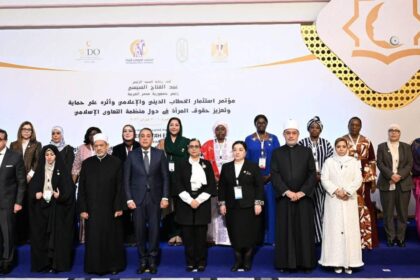In Rawalpindi social leader and president of the Progressive Welfare Organization Muhammad Aamir Siddiqui urged residents to adopt simple hygiene habits on the occasion of World Handwashing Day. He said that health is the foundation of a strong society and that a healthy person can overcome great challenges while the sick struggle with daily tasks.
Referencing Islamic teachings, Siddiqui reminded the public that cleanliness is considered half of faith and that the five daily prayers also encourage a disciplined and hygienic life. He said these values reinforce the need for continuous public education on personal hygiene.
Marking 15 October as a day for handwashing awareness, Siddiqui emphasized that children are the primary focus of the campaign because they are receptive to new habits and training. Early instruction in washing hands with soap before meals and using boiled drinking water builds lifelong protection against common and serious illnesses.
Siddiqui warned that young children who lack awareness of hygiene and safe water practices quickly become vulnerable to preventable diseases. He urged parents and schools to insist on handwashing with soap and to ensure drinking water is boiled or treated so communities can grow healthier and disease free.
Recalling the recent COVID-19 outbreak, Siddiqui noted that regular handwashing proved a key preventive measure and highlighted its continuing relevance. With the country also facing dengue outbreaks, he said prevention relies on maintaining a clean environment, avoiding stagnant water where dengue mosquitoes breed, and sustaining community-level hygiene efforts.
Siddiqui called for a renewed drive in Rawalpindi to raise public awareness about handwashing and safe water use so that children remain healthy, communities stay resilient, and many diseases can be kept at bay through simple, consistent habits.











